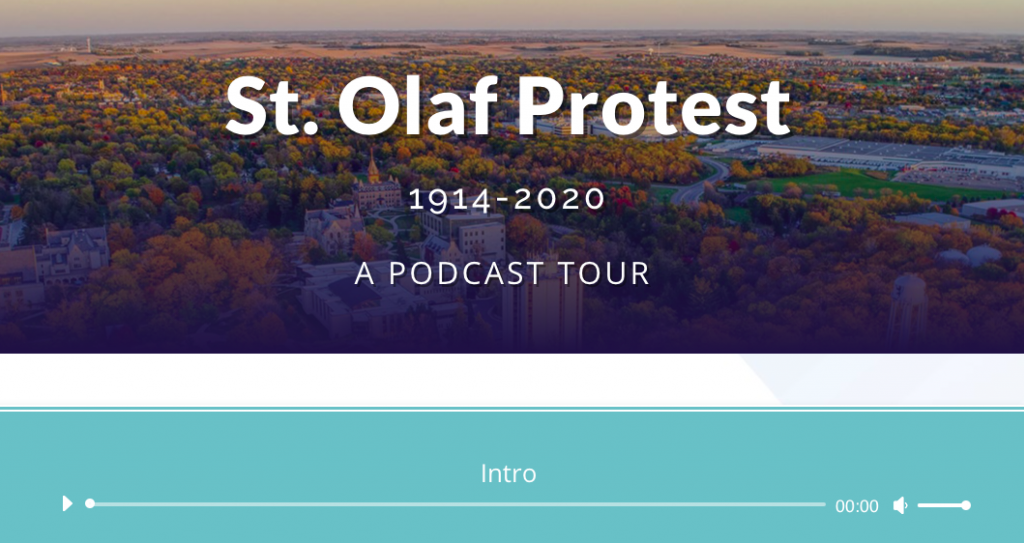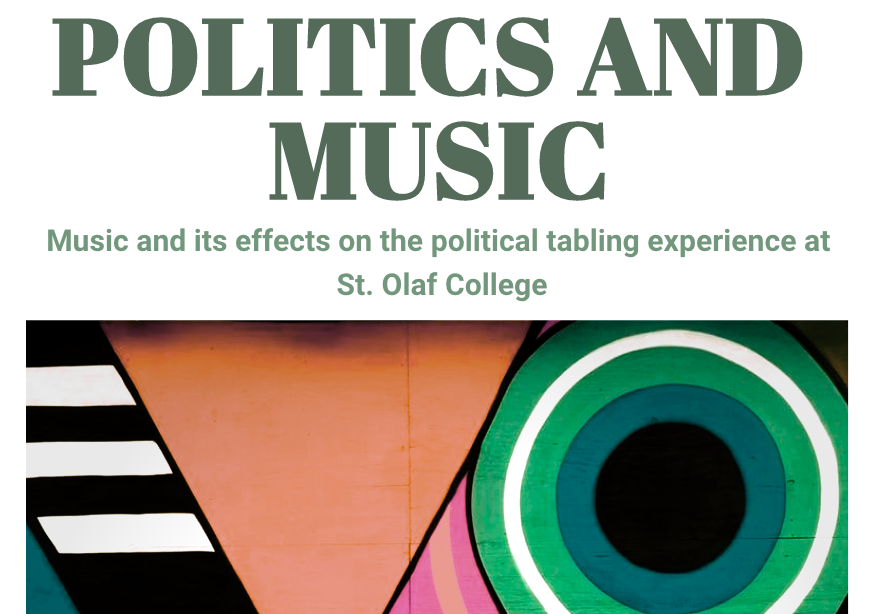In this course, students explored the intersection of music and social movements in the United States across genres, time periods, and regions. In addition to asking how music and sound have documented, resisted, dissented, and/or protested in U.S. history, they also considered how music functions in our own sociopolitical context and how music imagines utopian and dystopian futures.
Professor Caitlin Schmid shared how teaching this course under the pandemic has made her think differently about multi-part group projects that emphasized community within (and without) the classroom. In view of the WRI GE of this course, she always tried to have the students write in different genres while letting them think about an audience that was not only her. This proved to be consistent and interactive. The students “made real strides” coming up with checkpoints based on what they wanted to do and adjusting their drafts based on the feedback she gave.
Attempting to explore the ways classroom conversations about music and politics at the national level transfer to a local context, students worked together to complete a public-facing project in different groups, combined with their own interests. These projects explore the relationship between musical life and elections at St. Olaf, whether it be from present-day or historical; grounded in an event, or centered around an issue. Students incorporated interview-based musical research into their projects, and created materials such as oral histories, sound documentaries, or websites.
Below are two highlights of the student projects:

A Podcast Tour of St. Olaf Protests from 1914 to 2020
By Jessica Folson, Paige Romero, and Emily Thompson

A Prezi Presentation on Music and its Effects on the Political Tabling Experience at St. Olaf
By Lauren Flaten, Solveig Gordon, Neil Hutcheon, Sam Mast, and Amanda Stagg
Amanda Staab’21 has shared with the ACE office that one of her primary motivations for taking this course is that “it seemed especially relevant to today’s political climate.” Additionally, the ACE component in this course helped her, who aspires to become a professional musician, to understand the connection between political and social aspects of American music. What Amanda regarded as unique about this ACE course is that this class was not simply about learning straightforward information or facts and then discarding them after the course. Rather, “it was like one ongoing discussion in which every aspect is connected to the others.”
She also mentioned that due to her deep and genuine connection with the course objectives, she found herself putting extra effort to create meaningful and well-done assignments. Despite the impacts of COVID on this course, she believed that Professor Schmid “managed this course incredibly well”, and the students were “very responsive and engaged with the course materials.” Similarly, Katie Marshall’21, also shared that “the ACE component of this course enhanced the class by connecting the broader themes we were learning about to tangible history in our St. Olaf community.”
*This story was written about Topics in American Music taught by Caitlin Schmid in Fall 2020.
You must be logged in to post a comment.